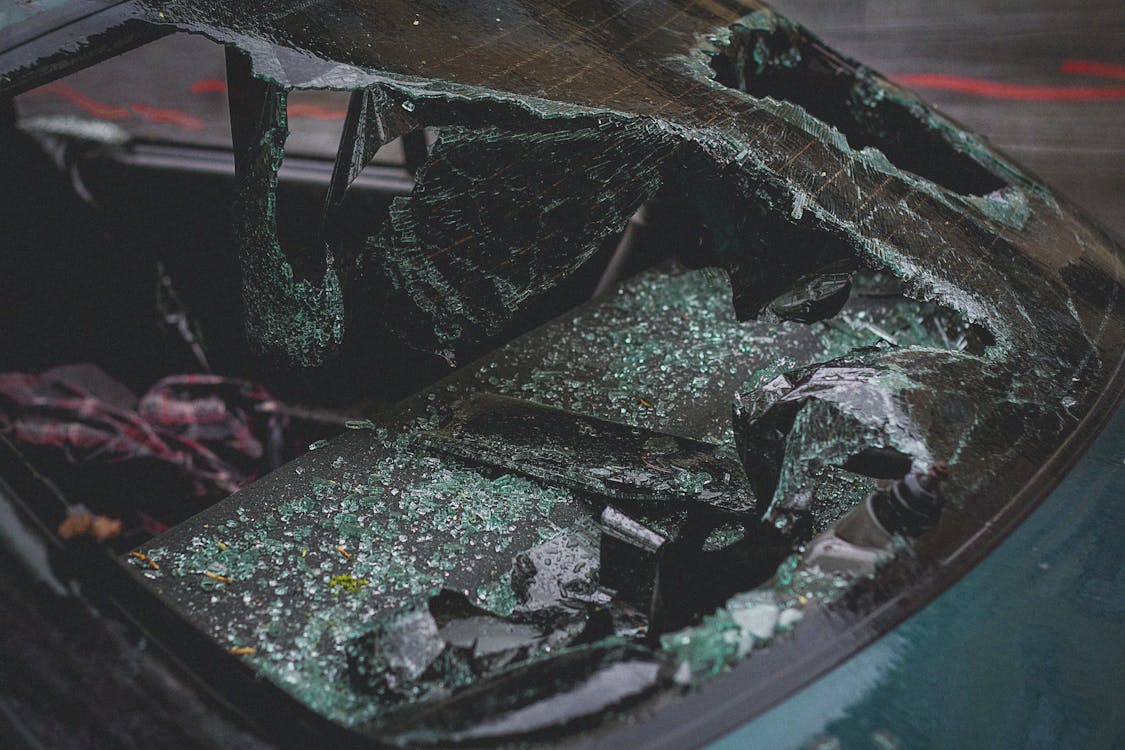What To Do After a Car Accident

Getting into a car accident can be a jarring and bewildering experience. One moment, you're driving down the road, and the next, your world is turned upside down. Knowing what to do immediately after an accident can help you manage the situation more effectively and ensure everyone's safety. Here, we'll take you through the necessary steps to follow if you find yourself in this unfortunate situation.
Ensure Safety First
The first and foremost priority should be the safety of everyone involved. Check yourself and your passengers for injuries. If anyone is injured, call 911 immediately. If you are able and it's safe to do so, try to move your vehicle to the side of the road to avoid obstructing traffic.
Stay Calm and Assess the Situation
Emotions can run high after an accident, but staying calm is imperative. Take a deep breath and assess the situation. Note the time, location, and conditions of the accident. Remain in your vehicle if it’s unsafe to get out, particularly if you’re on a busy roadway.
Consult Legal Assistance
If you find that your accident involves potential disability claims, it may be useful to seek specialized legal advice. Consulting legal advice can help you understand your rights and navigate the legal complexities involved.
Seek Medical Attention
Even if you feel fine, it’s advisable to seek medical attention as soon as possible. Some injuries may not be immediately apparent and can manifest later. A medical report will also serve as an important document if you need to file an injury claim.
Notify Your Insurance Company
Contact your insurance company as soon as you can to report the accident. Provide them with all the information you gathered and be honest about the incident. Your insurance company will guide you through the process of filing a claim and getting your vehicle repaired.
Notify the Authorities
It's important to report the accident to local law enforcement, even if it's a minor fender bender. An official police report can be invaluable for insurance claims and any potential legal proceedings. When the police arrive, provide an accurate account of the incident but avoid admitting fault or making speculative statements.
Document the Scene
Use your smartphone to take photos of the accident scene, including damage to all vehicles, license plates, and the surrounding area. If possible, take wide-angle shots and close-ups from multiple angles to provide a comprehensive view of the incident. Also note any relevant details, such as weather conditions and road hazards.
Exchange Information
Exchange contact and insurance information with the other driver(s) involved. Make sure to collect their name, address, phone number, insurance company, policy number, and driver's license number. If there are any witnesses, obtain their contact information as well.
Understand Your Rights
Being aware of your legal rights can help you navigate the aftermath of an accident more confidently. Familiarize yourself with local traffic laws and consult an attorney if you have questions. Understanding your rights can help protect you from unjust claims or legal actions.
Consult a Mental Health Professional
After a car accident, it's common to experience a range of emotions, from shock and anger to fear and sadness. These emotional responses are perfectly normal, but if they begin to interfere with your day-to-day life, it might be beneficial to speak with a mental health professional. Therapy can provide coping strategies and emotional support during this stressful time.
Repairing Your Vehicle
Once you've filed your insurance claim, you will likely need to get your vehicle repaired. Work closely with your insurance adjuster and choose a reputable repair shop to ensure quality repairs. Keep all receipts and documents related to the repair work for future reference.
Consider Future Safety Precautions
After going through an accident, you may want to consider additional safety measures for the future. This could include taking a defensive driving course, investing in advanced driver assistance systems for your vehicle, or simply brushing up on road safety rules. These steps can help you feel more confident on the road and potentially prevent future accidents.
Wrap-Up
While a car accident is undeniably a stressful event, knowing what steps to take can help mitigate some of the chaos. By ensuring safety, documenting the scene, and following proper legal and insurance protocols, you can handle the situation more effectively. Remember to stay calm, be thorough in your actions, and seek professional guidance when needed.
More to Read:
Previous Posts:









